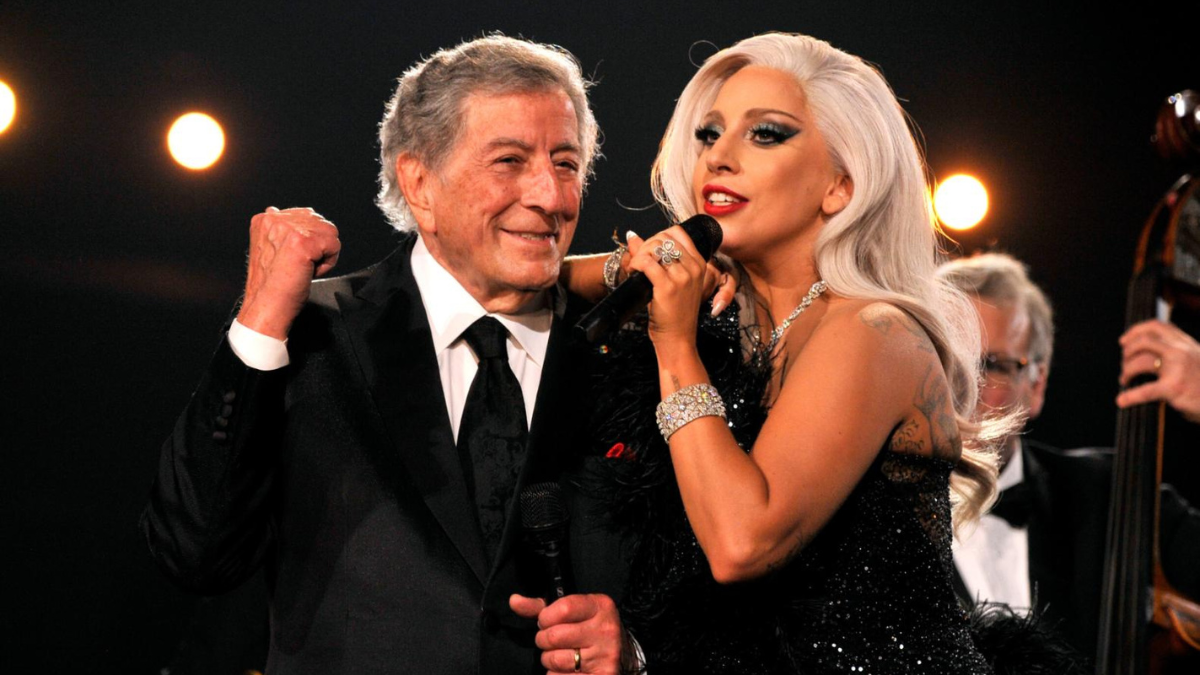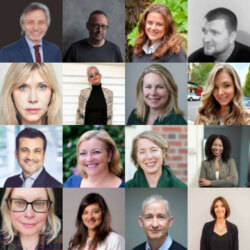Lady Gaga’s recent tribute to the great Tony Bennett put a spotlight on intergenerational friendships
It showed the world that people who are decades apart could have things in common, learn from each other and enjoy each other’s company. This surprised many people, but why? Because many view people past a certain age as irrelevant. It brought the conversation of ageism back onto the news agenda.
Do you consider yourself ageist? Is your company? Most people will say no to this question. Well, no one wants to be prejudice or work in a company that consciously leaves people out. As you’re reading this piece, look at the people you work with. How many people can you see over forty? In you company of 300 people, how many would you say?
This is where the answer to ageism becomes clear: like with all ‘isms’ better representation is needed.
When it comes to tackling ageism, is the company you work for open to people as they age? And are the policies being created fit for purpose? These are the questions that have been at the forefront of many minds for quite some time. It seems like every day, we’re seeing stories about people being discriminated against due to their age.
We hear about it all too often; whether it be in workplaces, with job postings including the language used to entice younger demographics, or when companies undervalue and disregard experience due to someone being of a ‘certain age’. It’s an ugly reality we still face, but are we doing anything right when it comes to tackling ageism?
Ageism is a reality that invades our society, and it’s something we cannot ignore
Discrimination based on your age are widespread in the workplace which increased hugely during covid, seeing huge numbers of people being made redundant over the age of 40. Companies that disregard experience and talent because of someone’s age are not just doing an unfair injustice to the individual, but they are ultimately hurting their own company longer term.
Over these past few years, it is encouraging to see that marketers are taking steps to combat ageism by showcasing diverse age groups in advertisement campaigns. Moving away from outdated stereotypes and reflect the diversity that exists within ageing. This not only highlights the importance of ageing, but also portrays those who are considered elderly in the correct light.
Adland can play a crucial role in challenging stereotypes and promoting positive change
By creating inclusive campaigns, they can influence societal attitudes and foster a more inclusive culture. It’s important to remember that there are 75 million ‘Active Agers’ in the U.S., who hold 70% of the nation’s wealth and make up 40% of consumer spending. Marketers can break myths about older people’s technological abilities and highlight the wisdom and experience that comes with age. However, everyone has a responsibility to fight ageism and create a fairer world for all ages.
We know that ageism can take many forms — conscious and unconscious. Educating ourselves on the complexities around ageism is a key step we must all take to help move our society towards genuinely embracing its diversity, regardless of age. The great news is that by coming together with one unified voice, we are moving in the right direction to breaking down these barriers and creating a more inclusive space for people of all ages, it’s so important that experiences of both young and older people are shared to help us grow, and really stamp out ageism.
This is how real progress is made: through efforts from all sides to become aware, make the right choices, and start pushing for meaningful change now. I’m thankful to Lady Gaga for showing the world that different generations continue to be relevant.
Featured image: Lady Gaga and Tony Bennett performing in 2015


































